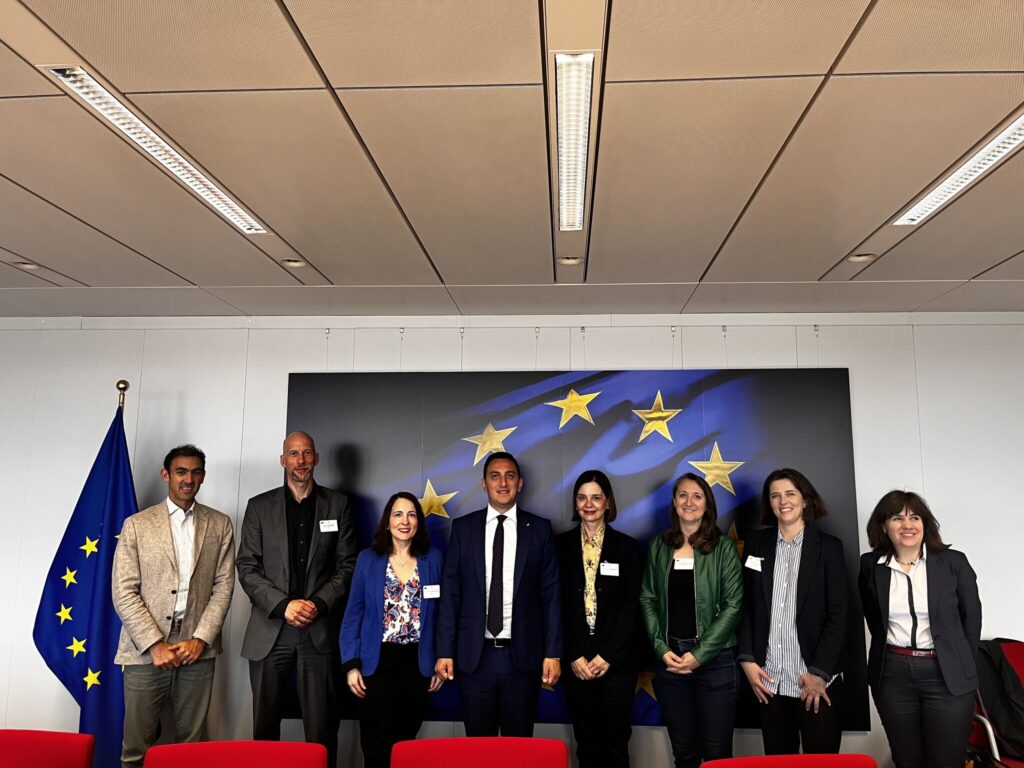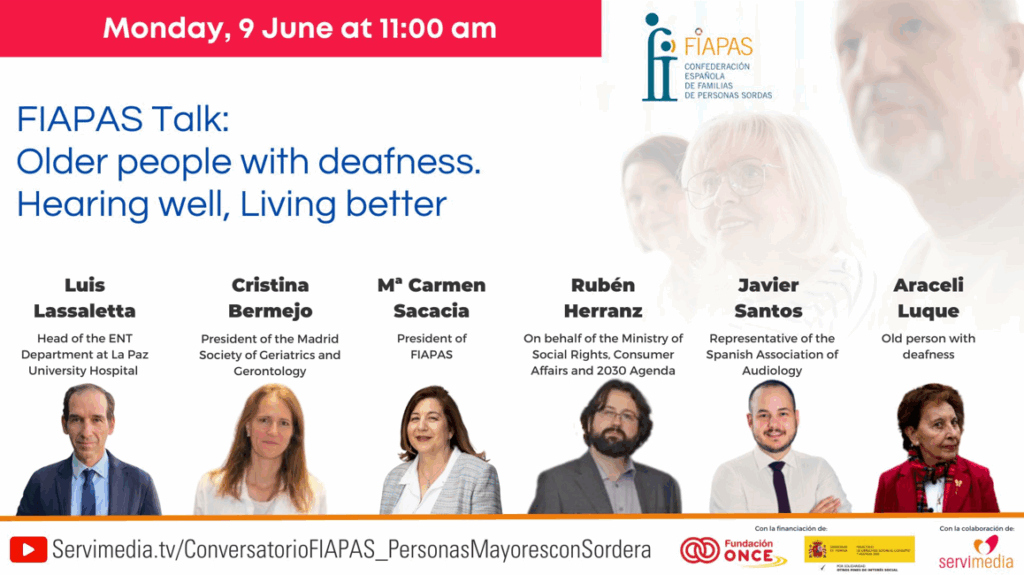On 30 August 2021, the Association of German Family organisations (COFACE member) and the Cooperation Network for Equal Health Opportunities (Kooperationsverbund Gesundheitliche Chancengleichheit) jointly held an expert discussion in Berlin on the promotion of children’s access to health initiatives, services or measures, against the background of the “European Child Guarantee”. Twenty-five experts from family associations, children’s rights organisations, science and the field of public health took part.
The Child Guarantee, adopted by EU Member States in June 2021, aims “to prevent and combat social exclusion by guaranteeing access of children in need to a set of key services, thereby also contributing to upholding the rights of the child by combating child poverty and fostering equal opportunities”. Accordingly, the Child Guarantee is embedded in the comprehensive European Strategy on the Rights of the Child, published on 24 March 2021.
“Children in need”, as defined by the Child Guarantee, are children living in or at risk of living in poverty in precarious family situations. However, the Child Guarantee also takes account of other forms of child disadvantage that can impede social inclusion and participation. These include homelessness, disability, migrant background, ethnic discrimination and home education. The Child Guarantee prioritises a number of issues, including improving access to health services, which was the focus of the expert meeting.
To this end, the Child Guarantee articulates the following goals: “With a view to guaranteeing effective and free access to quality healthcare for children in need, Member States are recommended to:
(a) facilitate early detection and treatment of diseases and developmental problems, including those related to mental health, ensure access to periodic medical, including dental and ophthalmology, examinations and screening programmes; ensure timely curative and rehabilitative follow-up, including access to medicines, treatments and supports, and access to vaccination programmes;
(b) provide targeted rehabilitation and habilitation services for children with disabilities;
(c) implement accessible health promotion and disease prevention programmes targeting children in need and their families, as well as professionals working with children.”
The expert meeting participants discussed what the Child Guarantee can contribute to improving the health of children at risk of poverty in Germany and how it should be implemented in Germany.
The following questions, among others, were raised:
- What is the health status and inclusion in health measures and services of poor children in Germany?
- What framework conditions and support for children and families are needed to ensure access to health services and measures for children in vulnerable situations?
- What measures must be taken in Germany under the Child Guarantee to ensure that this EU initiative leads to an improvement in the health of children?
Four presentations were the catalysts for discussion. You can see the full report here in English.





